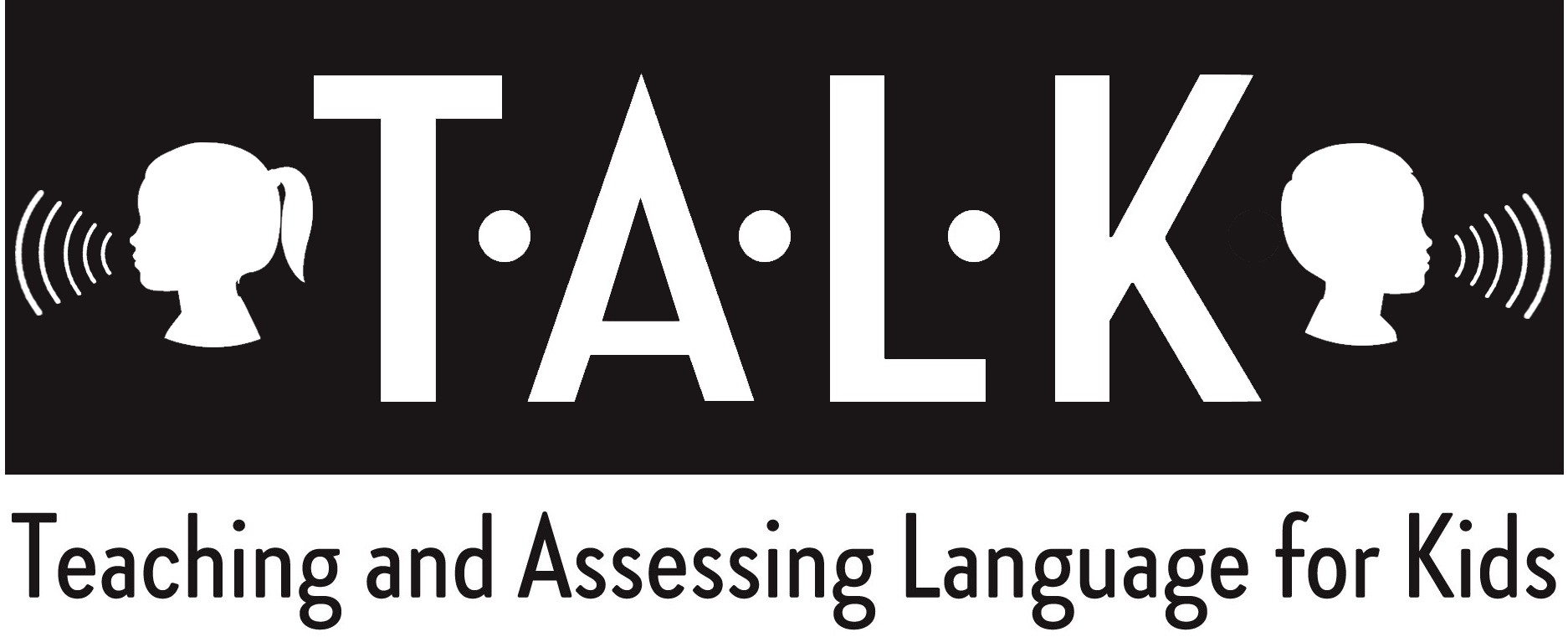How Can I Help My Child Read?
As parents, you frequently hear the term “phonological awareness”, but what is phonological awareness and why is it so important? The term “phonological awareness” is made up of a group of skills. Phonological awareness is the ability to think about different sounds and the structures that make up language. This skill is the foundation for learning how to read. By having strong phonological awareness skills, children are able to recognize and work with the sounds of spoken language. At TALK, we frequently target phonological awareness starting at a young age so that we can create a solid foundation for our pre-readers. As parents, it may be confusing as to what to target and when your child should have these skills. We have listed below the phonological awareness milestones and examples of the skills.
By three years old, your child should begin to do the following:
· Understand the concept of syllables
· Segment words into syllables (e.g., banana = ba-na-na)
· Blend syllables into words (e.g., ba-na-na = banana)
· Identify words that rhyme (e.g., hat and cat, do those words rhyme?)
By four years old, your child should be able to do the following:
· Produce words that rhyme (e.g., cat/hat)
· Participate in rhyming games
· Begin to isolate sounds in the beginning, middle, and end of words (e.g., “what is the first sound in the word bat?”
· Begin to identify letters
By five years old, your child should be able to do the following:
· Isolate sounds in the beginning, middle, and end of words
· Manipulate sounds to blend them together (e.g., /b/ + /a/ + /t/ = /bat/)
· Manipulate sounds to segment words (/bat/ = /b/ + /a/ + /t/)
· Begin to delete sounds from words (e.g., “say bat without the /b/)
· Begin to understand sound to letter matching
Between six and seven years old your child should be able to do the following:
· Segment words into sounds
· Blend sounds together
· Delete and change sounds in words
· Match sounds to letters accurately (including consonant blends, short and long vowel combinations)
If your child is struggling to read or has not met some of these milestones, reach out to one of our directors or therapists. We offer individual reading sessions, group reading sessions, for clients at various levels and will also incorporate phonological awareness goals into your child’s individual treatment plan. These skills are especially important, and working on them from the very beginning will provide a solid foundation for your child and help them enjoy and excel in reading!
